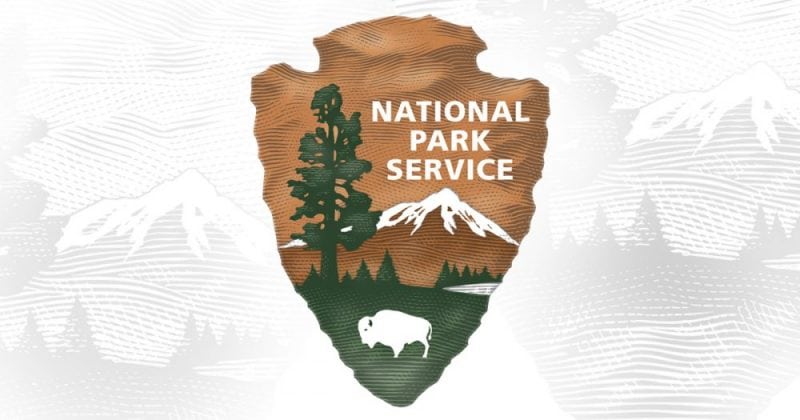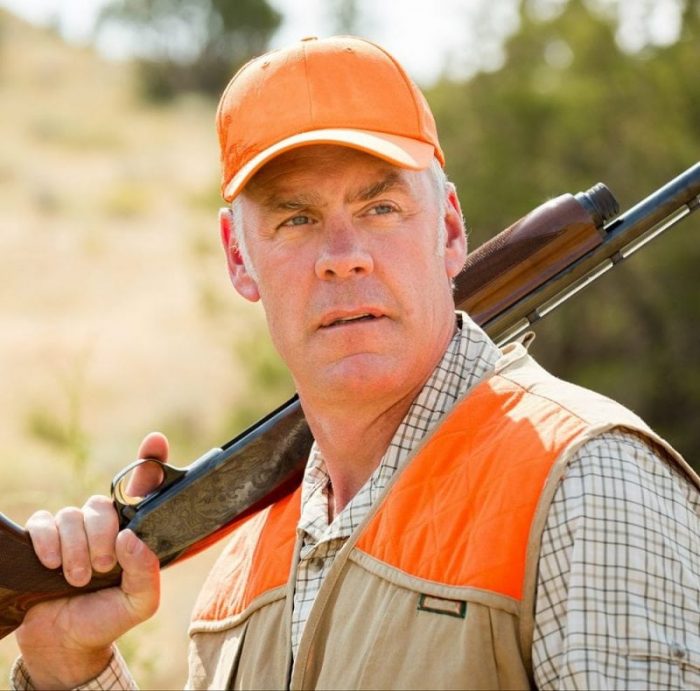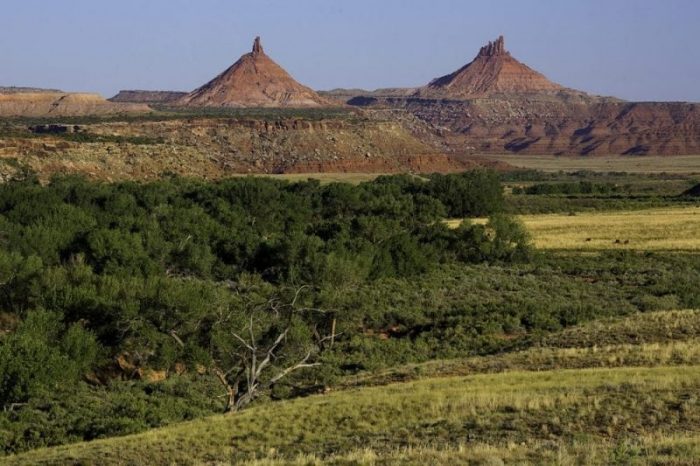
The National Park System Advisory Board is a board tasked with advising the Park Service and Secretary of the Interior on issues relevant to the National Park Service. They typically provide advice about the creation of historical landmarks and trails, best practices for park management, and environmental issues. This past Monday, almost the entire advisory board resigned from their positions, leaving just three members behind.
A letter addressed to Interior Sec. Ryan Zinke outlined the cause of the decision to resign. The letter cited the group’s frustration with Interior Secretary Zinke who has neither convened a single meeting in the last year nor even agreed to meet with the advisory board.
No Communication From The DOI
The resignation of the nine members of the advisory board effectively dissolves the group and leaves the National Park Service without a group to watch over natural landmarks and historic areas. The resigning members of the board say that the situation is emblematic of an increasing marginalization and sidelining of federal advisory bodies during the current administration.
The letter to Interior Sec. Zinke, drafted by the board chairman Tony Knowles, says that requests to meet with the secretary and have their concerns and comments heard have been repeatedly ignored. Knowles says that though they understand the complexity involved in a transition between government administrations, the matters that the advisory board wishes to address are clearly not part of Zinke and the Trump administration’s agenda.
Knowles’ sentiments were reiterated by Carolyn Hessler Radelet, the chief executive of Project Concern International. Radelet submitted her own separate resignation letter where she voices her concern that the mission of “stewardship, protection, and advancement of our national parks” has been all but set aside by the Department of the Interior, though she hopes that the department will take appropriate actions in the future.
The National Park System Advisory Board is typically required to meet at least twice a year. Until recently the advisory board had maintained a focus on tackling issues related to climate change and encouraging more visitors to enjoy national parks. The board has not met since last January when Pres. Trump took office, and the board was not consulted regarding decisions by the Department of the Interior to reverse a ban on plastic water bottles in national parks or to increase fees for visitors.

Ryan Zinke is the Secretary of the Interior. This is his official portrait from the Department of the Interior. Photo: US Department of the Interior, Public Domain
In a recent interview with National Public Radio, Knowles gives more details about the events leading up to his decision to resign. Knowles said that one day the board was simply told that their activity had been suspended, and they were not told why or for how long. The board tried to communicate with members of the Department of the Interior to receive clarification, but they never heard anything back. Attempts were made to contact the Department of the Interior over a period of several months, but no response was received. After six months of no communication, Knowles wrote a letter requesting a meeting with Sec. Zinke, and received only a brief reply two months later that said that Zinke was very busy and that they would be in touch.
Knowles also says that the policies implemented by the Department of the Interior risk harming the Park Service. The decision to raise entry fees for national parks risks disenfranchising lower income people, as they may not be able to afford to participate at national parks. Knowles said that he believes the best course of action for the board was to resign, to make a statement and draw public attention to the problem if the secretary would not listen to them. Knowles said that although the board members are frustrated, they are not discouraged, and are willing to try and reintegrate their knowledge and viewpoints into policy.
The remaining board members include Linda Bilmes, a public finance professor from Harvard University and Rita Colwell, a Marine science professor from the University of Maryland. Colwell’s term is set to end this May, while Bilmes has said the reason she chose not to resign her post is that she is currently conducting research funded by the National Park Foundation and wishes to complete the project. Carolyn Radelet may soon be the only member of the board not recruited within the next year, as her term doesn’t expire until 2021. The board hopes that progress can still be made through the intelligent selection of replacement members.
What About Other Advisory Boards?

Image of the the Sixshooter Peaks in the Bears Ears National Monument region. This is one of the two area in Utah that will have their protected land reduced. Photo: US Bureau of Land Management, Public Domain
The future of other advisory boards under the Trump administration is uncertain. While some advisory boards are still operating, others cannot act because the Department of the Interior has not yet approved the updated charters for said boards. Two advisory boards to the Bureau of Land Management, the Rocky Mountain and Southwest Colorado boards, were forced to postpone recent meetings because their charters hadn’t been approved. The updating of charters is legally required by the Federal Advisory Committee Act. At least two advisory committees have been disbanded by Secretary Zinke and the Department of the Interior, the Wildlife Hunting Heritage Conservation Council and the Advisory Committee on Climate Change and Natural Resource Science.
This is not the first time Zinke has been criticized for undermining the activity of researchers and policy advisers at the Department of the Interior. Last year saw policy expert Joel Clement resign from the department, accusing Zinke of undermining the mission of the department. Clement’s job was to research the impacts of climate change on Alaska’s native communities but he was reassigned to an accounting office to collect royalties from fossil fuel companies. Clement reported that many senior officials had been reassigned by Zinke to positions that they had no experience with, and argues he was reassigned because of his role in educating the public about climate change.
Zinke has also recently come under scrutiny by environmental policymakers and activists for opening up most of the country’s coastlines to offshore drilling projects, and for reducing the size of federally protected lands. This past December, Zinke’s department cut the size of national monuments located in Utah by approximately 2 million acres.









